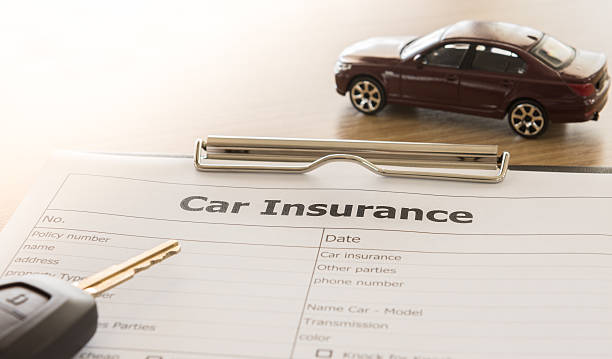Renting a car during your vacation can give you the freedom to explore new destinations at your own pace. But before you hit the road, understanding car rental insurance is crucial to avoid unexpected costs and stress. In 2025, with so many insurance options and policies, knowing what to look for can save you money and headaches.
Here’s a simple guide with the insurance tips every vacationer should know before renting a car.
1. Understand the Types of Rental Car Insurance
There are several insurance options you’ll encounter when renting a car:
- Collision Damage Waiver (CDW) / Loss Damage Waiver (LDW): Covers damage to the rental vehicle. It may also include theft protection.
- Liability Insurance: Covers damage or injury you may cause to others or their property while driving the rental.
- Personal Accident Insurance: Covers medical costs for you and passengers in case of an accident.
- Personal Effects Coverage: Protects your belongings inside the rental car from theft or damage.
Know what each policy covers and what your existing auto or health insurance already protects.
2. Check Your Personal Auto Insurance Policy
If you own a car and have insurance, your policy may cover rental cars too. Most comprehensive auto insurance policies extend coverage to rental vehicles, but limits and details vary. Call your insurance provider to confirm what’s covered.
If you have adequate coverage, you might not need to buy additional rental insurance, saving you extra fees.
3. Use Credit Card Benefits Wisely
Many major credit cards offer rental car insurance when you pay for the rental with the card. This benefit often covers collision and theft but might not include liability coverage.
Before relying on this, review your card’s terms and conditions to understand:
- What coverage is included
- How to activate the coverage
- Any exclusions or limits
Make sure to decline the rental company’s CDW if your credit card already provides it.
4. Consider Your Destination’s Rules and Requirements
Rental insurance rules and requirements vary by country and sometimes by state. Some places require you to have certain minimum liability coverage, while others may not accept your personal insurance or credit card coverage.
Research the local rental car insurance laws for your vacation destination to avoid surprises.
5. Inspect the Vehicle Thoroughly Before Driving
Before driving off, inspect the rental car carefully. Note any existing scratches, dents, or damage on the rental agreement or take photos. This will help avoid disputes later if the company claims damage you didn’t cause.
6. Know When to Decline or Accept Additional Coverage
Additional insurance like roadside assistance or tire protection might be offered at the counter. Consider whether these extras are necessary based on your travel plans and existing coverage.
For example:
- If you’re driving in remote areas, roadside assistance may be worth it.
- If you have good personal insurance, you may not need extra collision coverage.
7. Keep All Rental and Insurance Documentation
Keep copies of your rental agreement, insurance policy, credit card benefits, and any related documents handy during your trip. In case of an accident or dispute, this paperwork can be invaluable.
Final Thoughts
Renting a car can be one of the best ways to explore your vacation destination, but insurance can be confusing. By understanding your coverage options, checking with your insurance provider, and knowing your credit card benefits, you can drive with confidence and avoid unexpected costs.
Keep these insurance tips in mind for your next rental and enjoy a worry-free vacation on the road!

